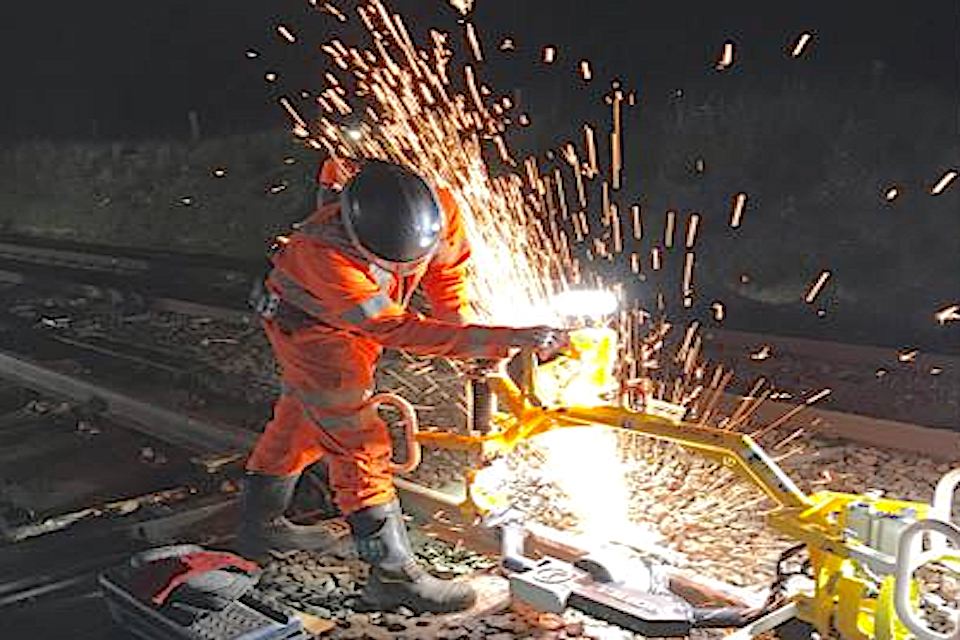UK Government accused of delaying transition to Great British Railways

The railway sector is concerned that the transition of Network Rail to the new overarching Great British Railways agency will be delayed indefinitely. Over sixty rail business leaders, including representatives from the rail freight sector, have written to the UK Prime Minister, Rishi Sunak. Delay will be detrimental to the whole industry, they say.
Delay may also rack up further costs to the taxpayer, which one source has already estimated at cover fifty million pounds (nearly sixty million euro). The deputation of leaders have urged the prime minister not to delay legislation to enact the government’s rail reform plans in the coming parliamentary year.
Legislation is needed to create Great British Railways (GBR), which will bring track and train operations together within one body. So far, the only decision made has been to locate the headquarters of the new organisation in Derby, a city already at the heart of the railway industry.
Headquarters and logo and not much else
As part of a massive reform of the railway operation in the UK, the government sponsored Williams Rail Review, recommended that the established infrastructure management agency, Network Rail, be replaced with a wider-ranging body. The report, later renamed The Williams-Shapps Plan for Rail, led to the establishment of the Great British Railways Transition Team (GBRTT) which is ostensibly working toward that change.

However, the progress has been difficult to see on the surface, with so far only the headquarters announcement and a press release on the choice of logo – a nearly identical “double arrow” to the symbol already in widespread use and dating back to 1965. Back then, before privatisation, not even The Beatles had broken up, let alone the railway network. Now, the government is seeking some “Help” too, with the proposed legislation has delayed since Westminster published its reform proposals in 2021. Ion that time, one source has claimed that the cost has been over fifty million pounds (nearly sixty million euro), with little to show for the expenditure.
Investment and growth undermined
Rail business leaders are concerned that failure to legislate within the next Parliamentary session means the railway will have no clear direction. “Getting on with rail reform will help provide the certainty rail businesses need to invest, take on staff and develop their business plans, ultimately benefiting passenger and freight customers, and resulting in better value-for-money for taxpayers”, said Darren Caplan of the Railway Industry Association. “Failure to enact the GBR legislation means a delay to reform of at least eighteen months, and possibly longer, as we await the next General Election and then fresh Bills come forward. There would be a heightened risk of hiatus in rail investment if decisions get delayed as rail reform stalls.”
The continued programme of works, carried out by Network Rail, suggest that the effects of deliberations in the corridors of power are having little effect on the corridors of rail communication. Nevertheless, for businesses who supply the railways, the uncertainty over the future structure of the industry threatens a hiatus in key decisions being made. They say that will jeopardise progress with essential rail works, jobs, investment and business growth, and ultimately undermining services for passengers and freight customers. Rishi Sunak may well find his ticket to ride invalidated if he waits much longer.
You just read one of our premium articles free of charge
Want full access? Take advantage of our exclusive offer




